Current Board Members

John Aldrich
Chair
Duke University
Pfizer-Pratt University Professor of Political Science. He specializes in American politics and behavior, formal theory, and methodology. Books he has authored or co-authored include Why Parties, Before the Convention, Linear Probability, Logit and Probit Models, a series of books on elections, the most recent of which is Change and Continuity in the 2016 and 2018 Elections, and, most recently, Why Parties Matter? He has been President of the American Political Science Association, Midwest Political Science Association, and Southern Political Science Association. He has served as co-editor of the American Journal of Political Science He is a Fellow of the American Academy of Arts and Sciences.
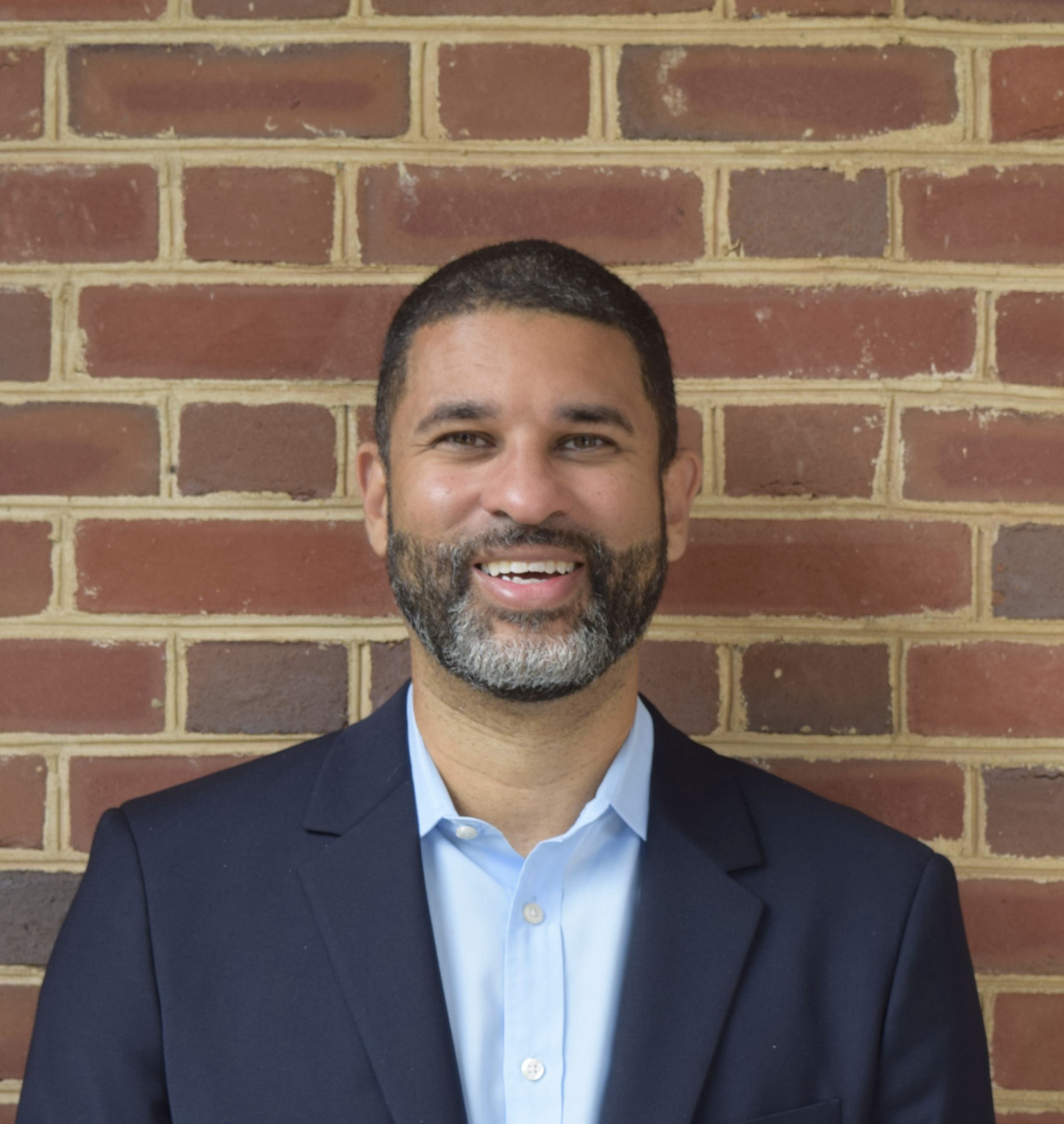
Antoine Banks
University of Maryland

Sharad Goel
Harvard Kennedy School
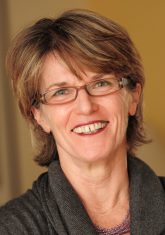
Leonie Huddy
Stony Brook University
Leonie Huddy is a Professor of Political Science at Stony Brook University, NY. She has a PhD in social psychology and her work focuses on psychological approaches to public opinion and survey research. She is the co-editor of the award winning Oxford Handbook of Political Psychology, former co- editor of the journal Political Psychology, and past president of the International Society for Political Psychology. Her research articles have appeared in numerous journals including the American Political Science Review, American Journal of Political Science, Journal of Politics, Public Opinion Quarterly, Political Psychology, and the American Psychologist. She currently serves on several editorial boards and appears regularly on CSB Radio as an exit poll analyst.
More information can be found at: https://you.stonybrook.edu/leonie/
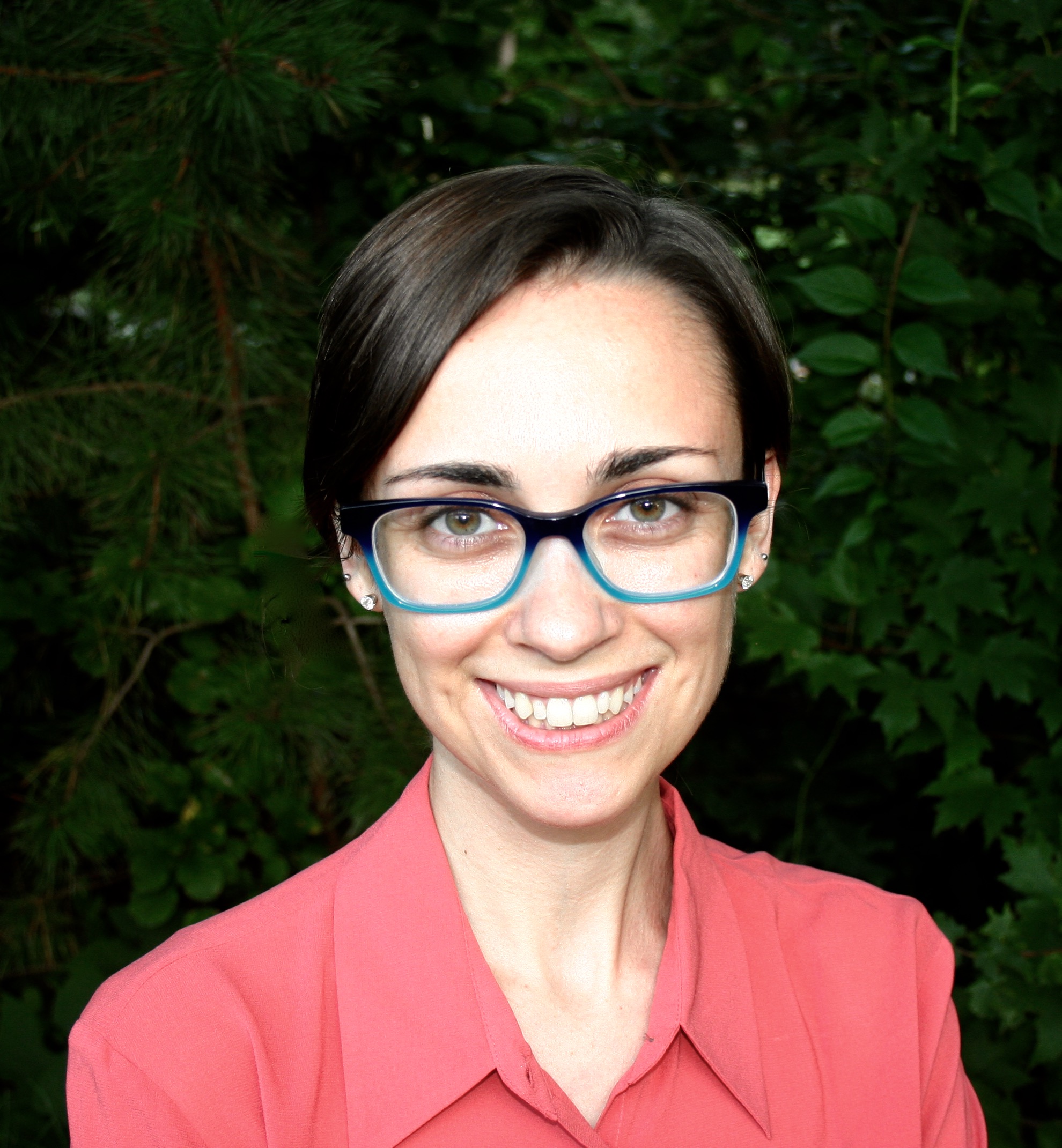
Yanna Krupnikov
University of Michigan
Yanna Krupnikov is Professor of Communication and Media at the University of Michigan. Her work focuses on political communication, especially media effects, attention, and political expression in a context of polarization. Her research has been published in a variety of academic journals including the American Political Science Review, the American Journal of Political Science, the Journal of Politics, Public Opinion Quarterly and Nature Human Behaviour, among others. She is also the co-author of Independent Politics (with Samara Klar, published in 2016 by Cambridge University Press), which received the 2021 Philip Converse Award from the American Political Science Association’s Elections, Public Opinion and Voting Behavior section. Her most recent book is The Other Divide (with John Barry Ryan, published in 2022 by Cambridge University Press).
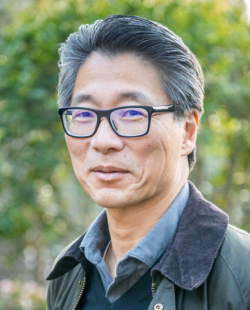
Taeku Lee
Harvard University
Taeku Lee is currently Bae Family Professor at Harvard University. He earned his Ph.D. at the University of Chicago, and his Master’s in Public Policy from Harvard Kennedy School. He previously taught at UC Berkeley. He serves on the National Advisory Committee for the U.S. Census Bureau and as a senior fellow of the AAPI Civic Engagement Fund. Current projects include a co-authored undergraduate textbook on race and American democracy with Cambridge University Press; ongoing work on Banklash, which examines public opinion on financial regulation in six countries; and research on Asian American identity and discrimination.
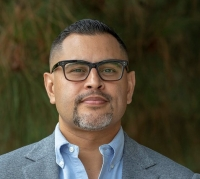
Efrén Pérez
University of California, Los Angeles
Efrén Pérez is Full Professor of Political Science and Psychology at UCLA. His scholarship centers on political psychology, with specific interests in intergroup politics, language and political thinking, implicit political cognition, and the measurement of political concepts. He has published numerous articles in leading political science, psychology, and general science journals, including Proceedings of the National Academy of Sciences, American Journal of Political Science, Journal of Politics, Social Psychological and Personality Science, Political Behavior, and Political Psychology. He is also the author of four books, including Diversity’s Child: People of Color and the Politics of Identity (Chicago University Press) and Voicing Politics: How Language Shapes Public Opinion (forthcoming at Princeton University Press). In addition to his research, Efrén directs the Race, Ethnicity, Politics, and Society (REPS) Lab at UCLA.
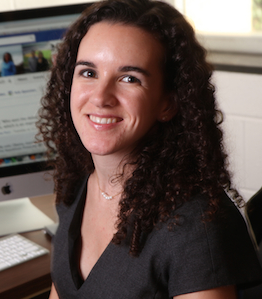
Jaime Settle
College of William & Mary
Professor Jaime Settle is David and Carolyn Wakefield Term Associate Professor of Government at the College of William & Mary, the director of the Social Networks and Political Psychology Lab and co-director of the Social Science Research Methods Center. Dr. Settle teaches courses on various aspects of American politics, focusing primarily on topics related to political behavior, psychology, and communication.
Prof. Settle is broadly interested in how contentious interpersonal interactions about politics affect the way that individuals perceive conflict in their environment, evaluate other people, and engage within the political system. She is currently working on a book manuscript that explores the effect of social media communication on our polarized attitudes about the people with whom we disagree politically. In other work, she has used large-scale datasets derived from online social networks (such as Facebook) to refine an understanding of the effects of our social network on how we think, feel and behave politically. She also strives to incorporate data and methods from the natural sciences into her research to help explain fundamental aspects of political behavior, such as the influences on the way people talk about politics.
Settle is the author of Frenemies: How Social Media Polarizes America (Cambridge University Press, 2018). Her work has been published in Nature, the Proceedings of the National Academy of Sciences, the American Journal of Political Science, the Journal of Politics, Political Behavior, Political Psychology, and Political Science Research and Methods.

Joshua Tucker
New York University
Joshua A. Tucker is Professor of Politics, affiliated Professor of Russian and Slavic Studies, and affiliated Professor of Data Science at New York University. He is the Director of NYU’s Jordan Center for Advanced Study of Russia and co-Director of the NYU Center for Social Media and Politics; he also served as a co-author/editor of the award-winning politics and policy blog The Monkey Cage at The Washington Post for over a decade. His research focuses on the intersection of social media and politics, including partisan echo chambers, online hate speech, the effects of exposure to social media on political knowledge, online networks and protest, disinformation and fake news, how authoritarian regimes respond to online opposition, and Russian bots and trolls. He is the co-Chair of the external academic team for the US 2020 Facebook Instagram Research Election Study, serves on the advisory board of the American National Election Study, the Comparative Study of Electoral Systems, and numerous academic journals, and was the co-founder and co-editor of the Journal of Experimental Political Science. An internationally recognized scholar, he has been a keynote speaker for conferences in Sweden, Denmark, Italy, Brazil, the Netherlands, Russia, and the United States, and has given over 200 invited research presentations at top domestic and international universities and research centers. His most recent books are the co-authored Communism’s Shadow: Historical Legacies and Contemporary Political Attitudes (Princeton University Press, 2017), and the co-edited Social Media and Democracy: The State of the Field (Cambridge University Press, 2020).
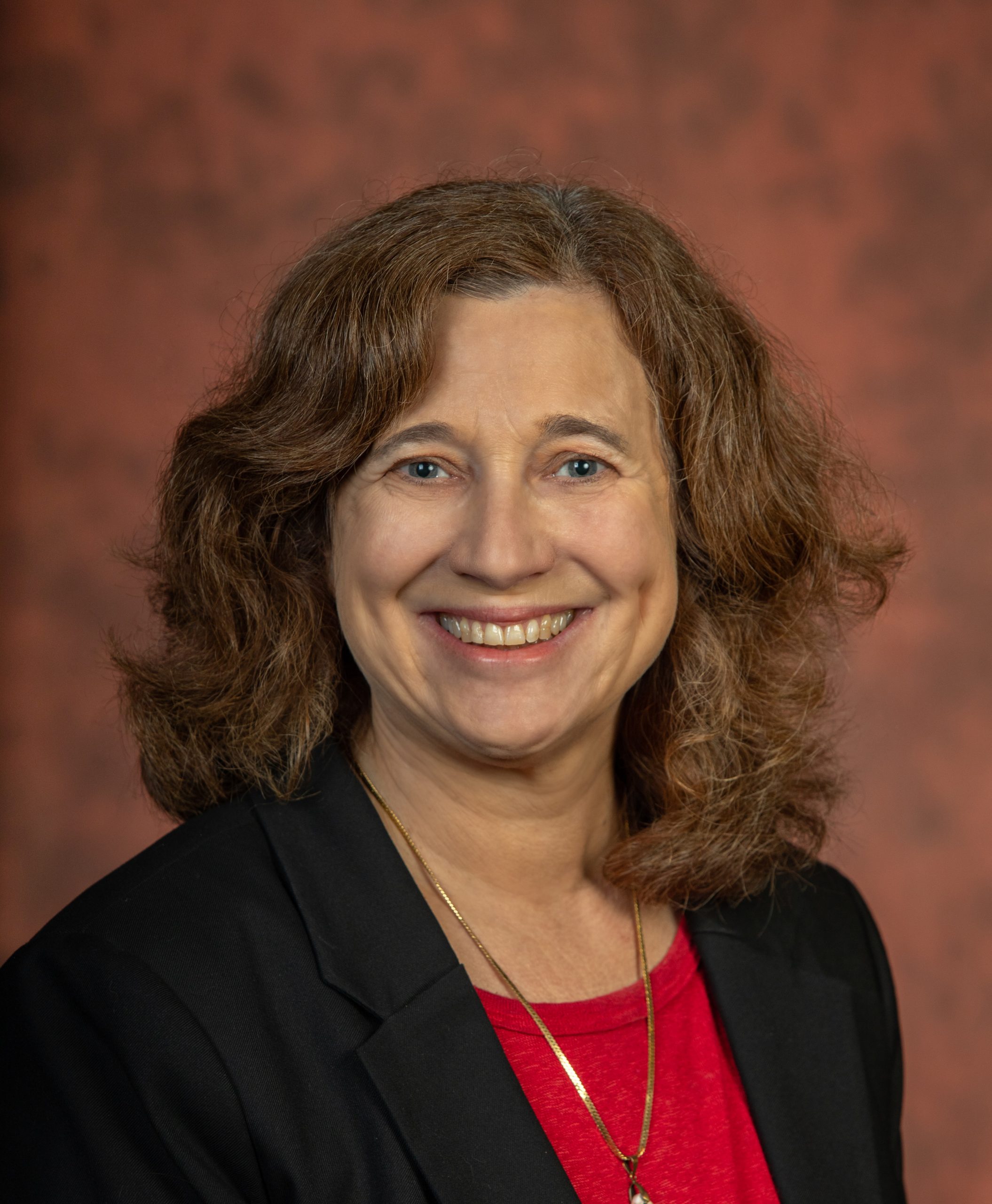
Lonna Atkeson
Florida State University
Lonna Atkeson is the LeRoy Collins Eminent Scholar in Civic Education & Political Science and director of the LeRoy Collins Institute. She is a member of the MIT Data and Election Science Board and an Associate Editor for Political Analysis. Her research focuses on election science, survey methodology, public policy, voting rights, public opinion, political psychology, and political behavior. She has authored 4 books, over 50 articles and book chapters, numerous policy reports and several amicus curiae briefs. She has been a consultant to the Department of Defense, the US Election Assistance Commission, Pew, various private companies and has served as an expert witness. Her research has been supported by the NSF, Pew, Golisano Foundation, Thornburg Foundation, New Mexico Department of Transportation, New Mexico Secretary of State, and Bernalillo County. She Received her BA from the University of California, Riverside and her PhD from the University of Colorado, Boulder.
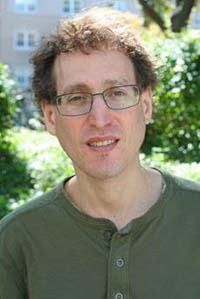
James N. Druckman
Northwestern University
James N. Druckman is the Payson S. Wild Professor of Political Science and Faculty Fellow at the Institute for Policy Research at Northwestern University. He is also an Honorary Professor of Political Science at Aarhus University in Denmark. His research focuses on political preference formation and communication. His recent work examines how citizens make political, economic, and social decisions in various contexts (e.g., settings with multiple competing messages, online information, deliberation). He also researches the relationship between citizens’ preferences and public policy, and how political elites make decisions under varying institutional conditions.

Benjamin Highton
University of California, Davis
After receiving his Ph.D. from UC Berkeley, Ben Highton worked for a year in Washington, DC, for a U.S. Senator as part of the American Political Science Association’s Congressional Fellowship Program. While there, he specialized in education policy. He joined the UC Davis political science department in 1999 and teaches and conducts research in the areas of public opinion, elections, and research methods. His research and teaching interests include American national politics, political behavior, elections, public opinion, and research methods.
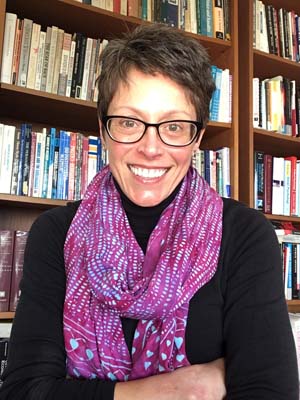
Jennifer Jerit
Dartmouth College
Jennifer Jerit is Professor of Government at Dartmouth College. She has interests in public opinion and political communication, with a focus on the features of news coverage that influence whether people learn about politics. Several of her current projects examine best practices for the measurement of public opinion through survey and experimental methods. In 2010, Jerit received the Erik Erikson Early Career Award for Excellence and Creativity in the field of Political Psychology, and her work has been funded by the National Science Foundation and the Economic and Social Research Council. Her research has appeared in the American Political Science Review, American Journal of Political Science, Journal of Politics, Public Opinion Quarterly, and other scholarly journals.

Geoff Layman
University of Notre Dame
Geoff Layman serves as the chair of the Department of Political Science at the University of Notre Dame and is the co-editor (along with Benjamin Radcliff) of the journal Political Behavior. His research focuses on political behavior, political parties, and religion and politics, with a particular emphasis on long-term changes in the parties and their electoral coalitions. His most recent book (with David Campbell and John Green) is Secular Surge: A New Fault Line in American Politics (Cambridge, 2021). He also is the author of The Great Divide: Religious and Cultural Conflict in American Party Politics (Columbia, 2001) and has published numerous articles in the discipline’s leading journals, including the American Political Science Review, American Journal of Political Science, Journal of Politics, British Journal of Political Science, and the Annual Review of Political Science.

Diana Mutz
University of Pennsylvania
Diana C. Mutz is Samuel A. Stouffer Professor of Political Science and Communication at the University of Pennsylvania, where she also directs the Institute for the Study of Citizens and Politics in the Annenberg Public Policy Center. Mutz is a two-time winner of the APSA’s Robert Lane Prize for the best book in the field of political psychology, once for Impersonal Influence: How Perceptions of Mass Collectives Affect Political Attitudes (Cambridge, 1998) and again for Hearing the Other Side: Deliberative Versus Participatory Democracy (Cambridge, 2006). She is a fellow of the American Academy of Arts and Sciences and a former fellow at the Center for Advanced Study in the Behavioral Sciences and the Center for the Study of Citizens and Politics at Princeton University. She has published articles in a variety of academic journals including the American Political Science Review, American Journal of Political Science, Public Opinion Quarterly, Journal of Politics and Journal of Communication. She served as Director of Innovation for the National Annenberg Election Study as well as founding co-PI of Time-sharing Experiments for the Social Sciences. Her research focuses on mass media and public opinion.
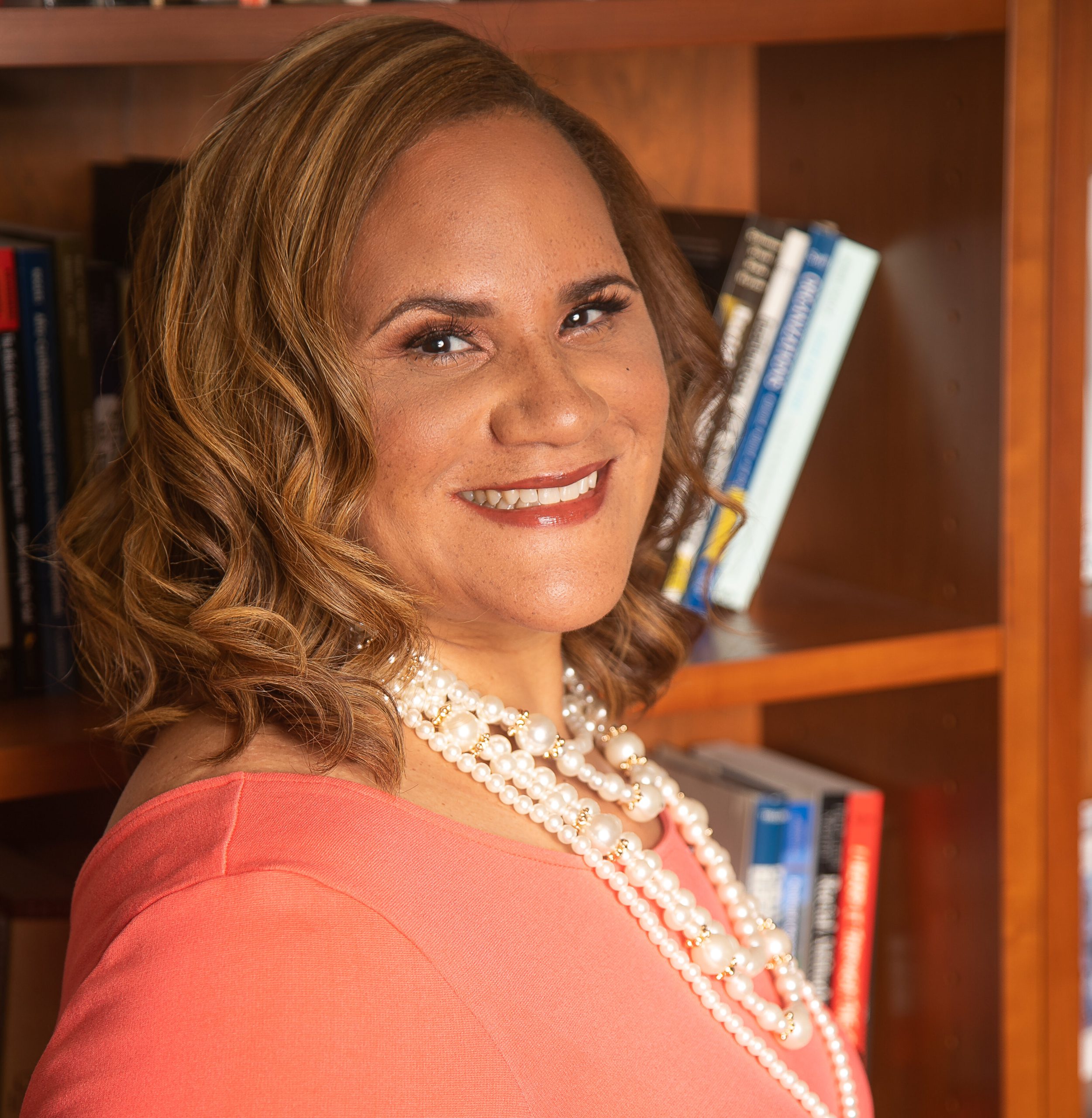
Tasha Philpot
University of Texas at Austin
Tasha Philpot is an award-winning author, advisor, and educator. She holds a Bachelor’s degree in Political Science from Marquette University, and a Master of Public Policy and a Ph.D. in Political Science from the University of Michigan. Currently, Dr. Philpot is a Professor of Government at the University of Texas at Austin, where she is also affiliated with the Center for African and African American Studies, the Institute for Urban Policy Research & Analysis, and the Center for Women’s and Gender Studies. Dr. Philpot’s research focuses on the conditions that enable marginalized groups in American society to function in a more democratic system. Her work has been supported by the National Science Foundation and published in political science’s top peer-reviewed journals. She has also authored 3 books, the most recent of which is Conservative But Not Republican: The Paradox of Party Identification and Ideology among African Americans (2017, Cambridge University Press).

Laura Stoker
University of California, Berkley
Laura Stoker‘s research focuses on the development and change of political attitudes and behavior, with a focus on family influences and generational change. She also writes on topics at the intersection of research design and statistics, including the optimal design of multi-level studies, problems of aggregation, survey sampling, and the estimation of cohort effects. She regularly teaches undergraduate and graduate courses on political psychology and research methods. Her publications have appeared in many venues including the American Political Science Review, American Journal of Political Science, British Journal of Political Science, Electoral Studies, and Journal of Politics. Stoker is the recipients of fellowships from the Center for Advanced Study in the Behavioral Sciences, Oxford University, and the University of Manchester. She is a former Chairman of the Board of Overseers of the American National Election Studies (2000-2002).

Ismail White
Princeton University
Ismail K. White is an Associate Professor of political science at Princeton University. He studies American politics with a focus on group identities, African American politics, public opinion, and participation. He also works on the development of survey and experimental methods for better understanding political and social issues. His research has appeared in the American Political Science Review, American Journal of Political Science, Journal of Politics, Public Opinion Quarterly, Political Analysis and many other journals. Dr. White is co-editor of the book “African-American Political Psychology: Identity, Opinion, and Action in the Post-Civil Rights Era” (Palgrave MacMillan, 2010. He received his B.A. in political science from Southern University in Baton Rouge, Louisiana and his Ph.D. in political science from the University of Michigan.
